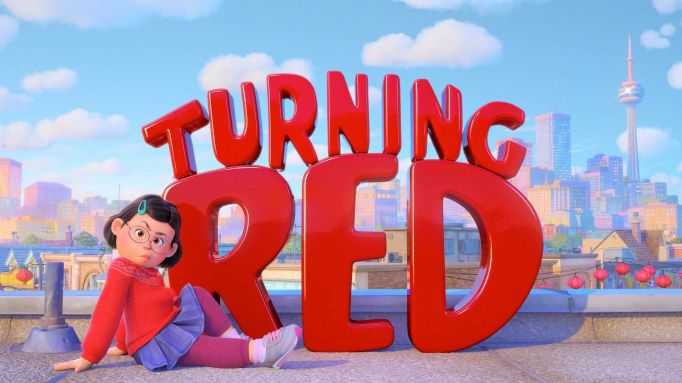-
Details
-
Written by GR
-
-
Views: 127
Toronto — Disney has approached the Canadian federal government to change the current broadcasting law. Last week, David Fares, vice president of global public policy at Walt Disney, appeared before the Senate in hopes of changing the definition of “Canadian” content.
Tariff argues that Disney productions such as recent to blush should fall below current Canadian content requirements. Pixar’s animated film tells the story of a Chinese-Canadian teenager who grew up in Toronto. The film also stars Sandra Oh from Ottawa. Also taken from National Geographic bark filmed in Quebec. Black Washington, a television adaptation of Canadian writer Esi Edugyan’s work, was also produced. However, none of the productions considered by Disney is an American company.
The Broadcasting Act currently contains strict guidelines defining what is defined as “Canadian” produced content. The Streaming Act (Bill C-11) is intended to provide financial incentives, tax breaks and other benefits to companies that produce and promote Canadian content. Fares hopes that Bill C-11 can update Canada’s broadcasting laws. This could see the Canadian Radio-Television Telecommunications Council (CRTC) be the regulator of streaming companies and platforms like Disney, Netflix and others.
During last week’s hearing, Fares claimed that Disney has a “special relationship with Canada.” He said the company had spent and invested about $3 billion in Canada. In recent years, Disney has invested in 18 television series in the country. “We look forward to continuing to invest in Canada and the flexible regulatory regime will allow us to maximize these future investments,” added Fares.
Heritage Minister Pablo Rodriguez has confirmed that he will ask the CRTC to change the definition of Canadian content.
Even if the wheels appear to be moving, setbacks can occur. Canadian Media Producers Association CEO Reynolds Mastin said, “People sometimes forget that Canadian content rules exist to determine access to federal government financial incentives.
Spotify recently filed a similar lawsuit. Company officials are advocating for equal flexibility in how Canada’s path should fall under Bill C-11. Due to the guidelines, even songs by Canadian artists like Justin Bieber or Drake cannot be considered “Canadian”. Globe and Mail Red

“Typical zombieaholic. General twitter fanatic. Food fanatic. Gamer. Unapologetic analyst.”







